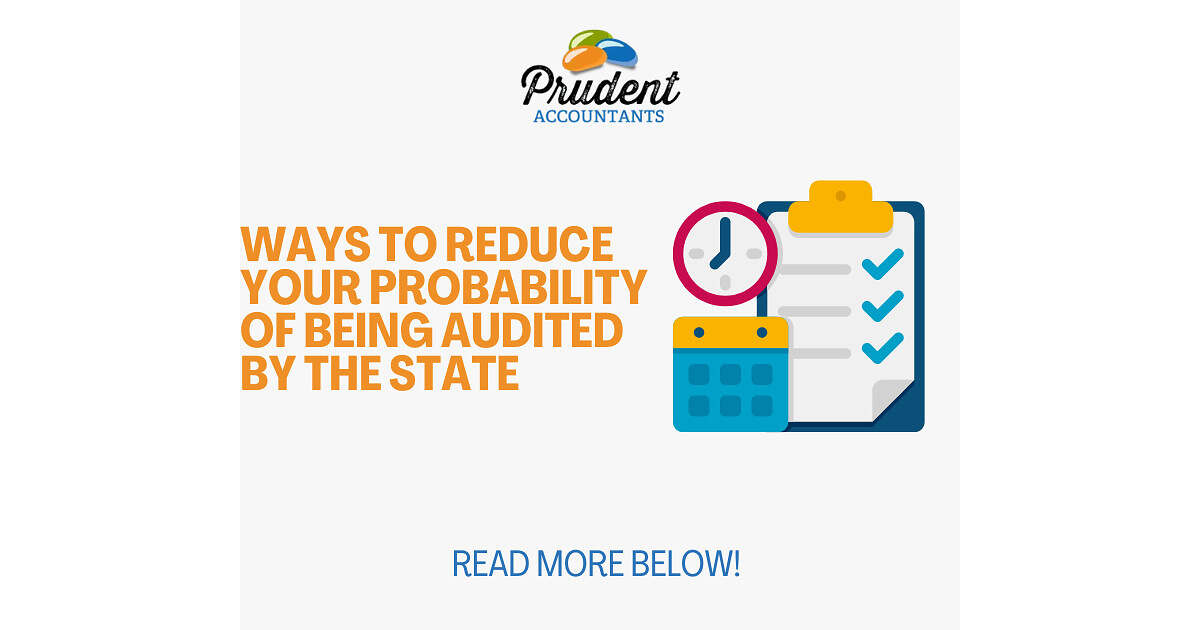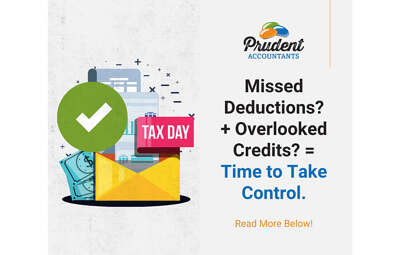Ways to Reduce Your Probability of Being Audited By the State

Getting audited by the Internal Revenue Service (IRS) can be frightening and unpleasant for a taxpayer. Despite the minimal likelihood of an IRS audit, you must take precautions to lower your risk of one. If you are not an expert, then you can get in touch with a professional organization to help you with assembling an impeccable audit report and records, so to avoid any issues in the future.
Strategies to lower your risk of a state audit
- Be accurate and thorough while filing your taxes – Ensuring your tax returns are correct and complete is vital in avoiding an audit. Verify all of your figures, and make sure all required paperwork and schedules are accurate. Include any monetary payments or side jobs in your income disclosures. Moreover, be sure you’ve claimed all the tax breaks and credits you qualify for. But, refrain from claiming more benefits than you are eligible for, as the IRS may object.
- Maintain perfect records – Maintaining thorough records is crucial to lowering your risk of getting audited. Ensure you have all the needed paperwork, such as invoices, bank statements, and receipts, to support your tax return. Keep your papers tidy and easy to find because the IRS can ask you for supporting proof for your tax return. While the IRS can audit you up to three years after the filing date, retaining these records for several years after submitting your tax return is critical.
- Never understate your income – It is unacceptable to underreport your income; ensure to disclose all your payments, including any bonuses, tips, or self-employment money; if you are unsure of the income you need to report, speak with a tax expert or the IRS.
- Do not submit an extension – Although requesting an extension might seem like a good idea, it can make you more likely to be subject to an audit. As it allows you more time to gather evidence, the IRS can view it as a chance for you to manipulate your income or deductions. Hence, try to file your taxes by the due date to prevent the IRS from becoming alarmed.
- Take charity donations seriously – Make sure not to overstate your deductions when making charitable contributions, as they are a terrific way to lower your tax obligation. To avoid legal issues, you must have proof of your philanthropic donations, such as invoices or letters from the organizations. Also, know that not all donations are tax-deductible and that the IRS regulates charitable contributions.
Get a professional service to assist with auditing.
Even though an IRS audit can be nerve-wracking, you can do certain things to lessen the likelihood of one. One practical option is to hire an auditing firm such as Prudent Accountants, a well-known organization whose team of professionals knows the rules thoroughly and will work to get your documents ready, accurate, and comprehensive to lessen your chances of getting audited by the IRS. Prudent Accountants will assist you in preparing for the audit, document review to ensure no errors are there, and represent you in front of the auditors, with their 100% success rate in defending clients against audits.





